According to reports, President Joe Biden will prevent Nippon Steel from acquiring U.S. Steel for $14.9 billion, a blow to an important ally of the United States.
Prior to the November presidential election, Japan’s play on a major American industry sparked a significant political debate, particularly in Pennsylvania, a key battleground state where U.S. Steel is headquartered.
Opposition Across the Aisle
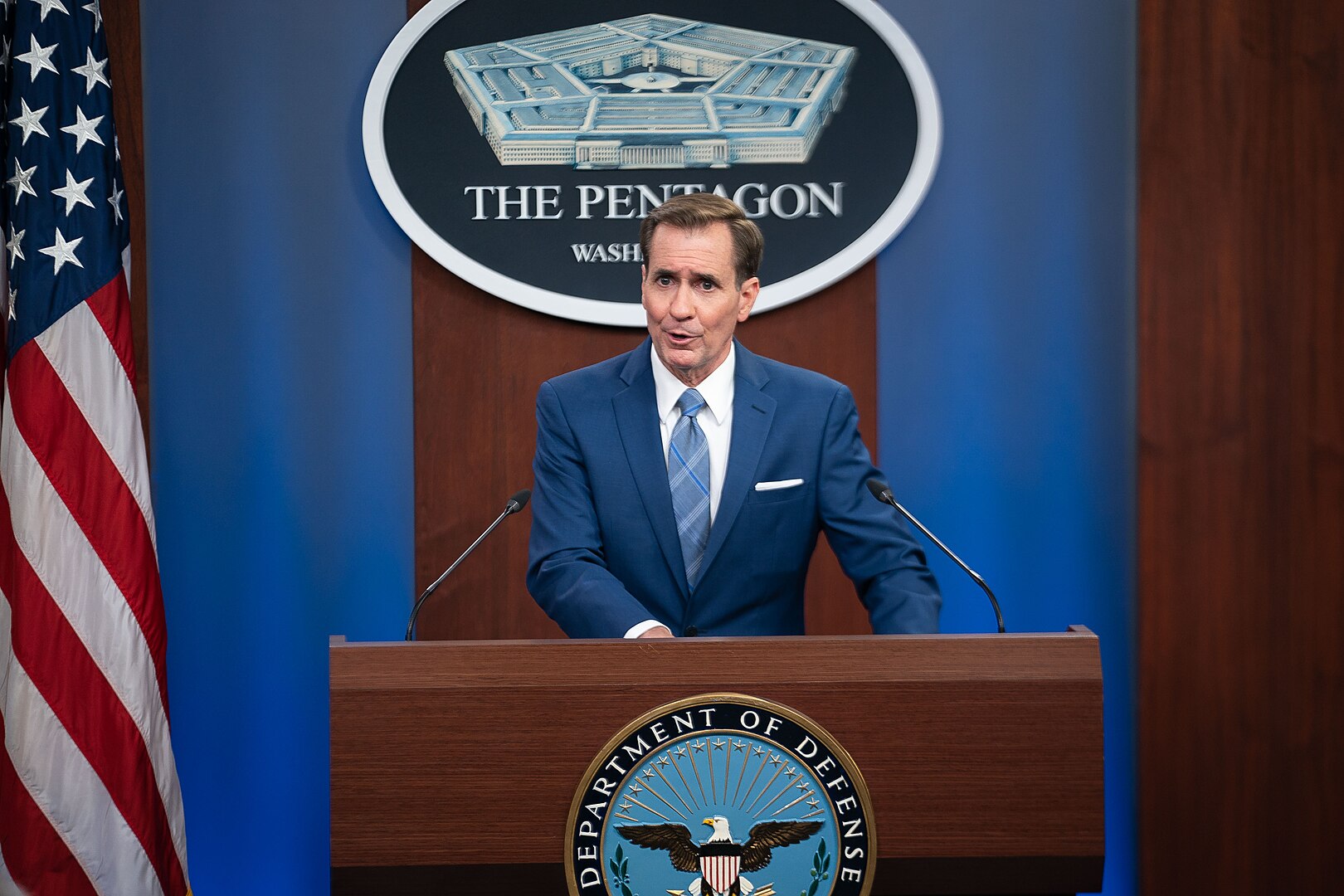
Donald Trump, Kamala Harris, and Joe Biden have all expressed opposition to the deal.
John Kirby, a spokesperson for the National Security Council, said he could not confirm the report. He mentioned that there is still a “process” for reviewing deals like this considering the scale of the potential acquisition.
Impact on Japanese Relations
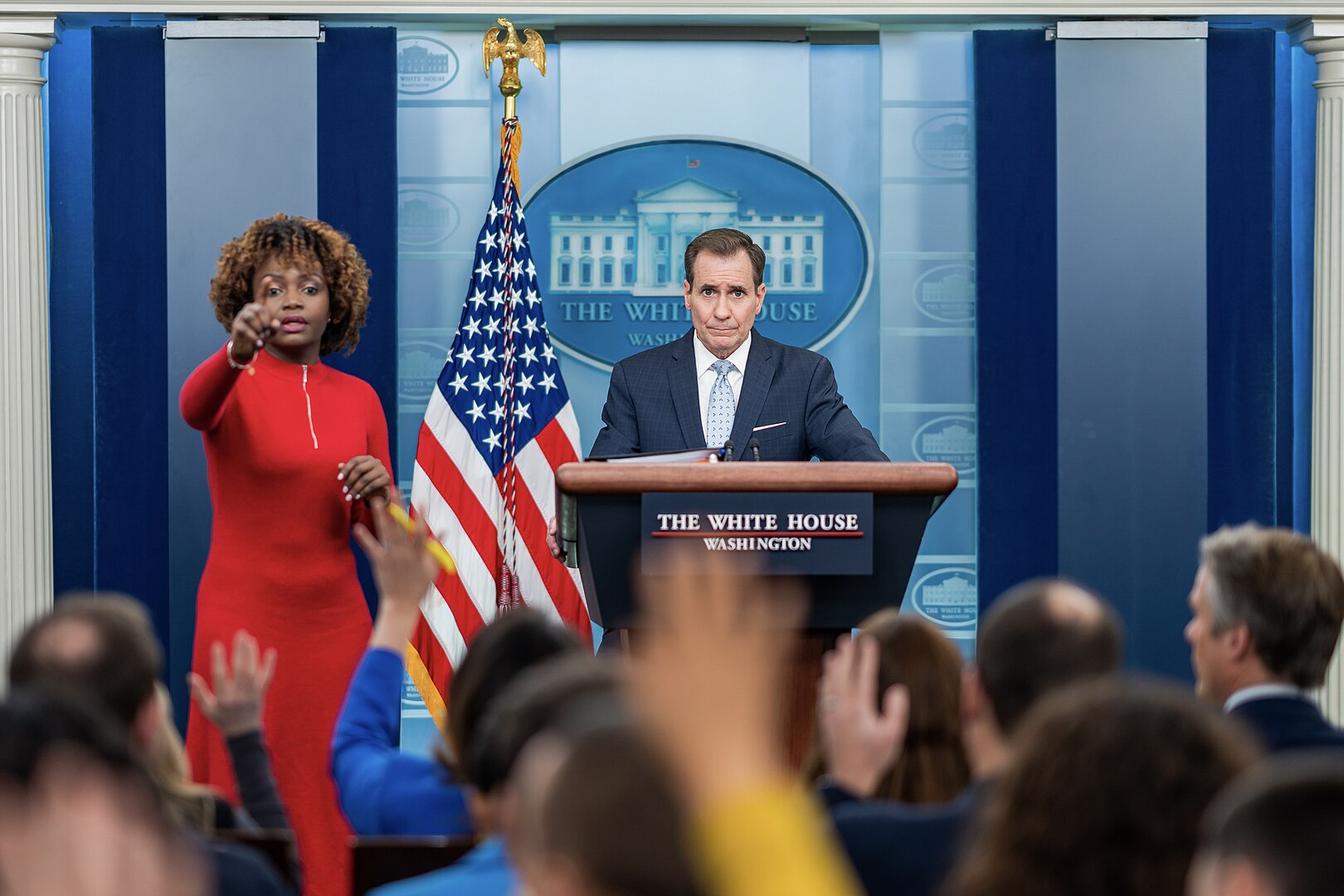
However, Kirby added, “The President has been very consistent on this. He believes that American steel companies ought to be American owned.”
But Kirby didn’t answer a question about whether Biden’s refusal to sign the deal would hurt relations with Japan, which has been Washington’s most important ally in its efforts to get around China’s growing economic power and influence.
Biden Prepared to Kill the Deal
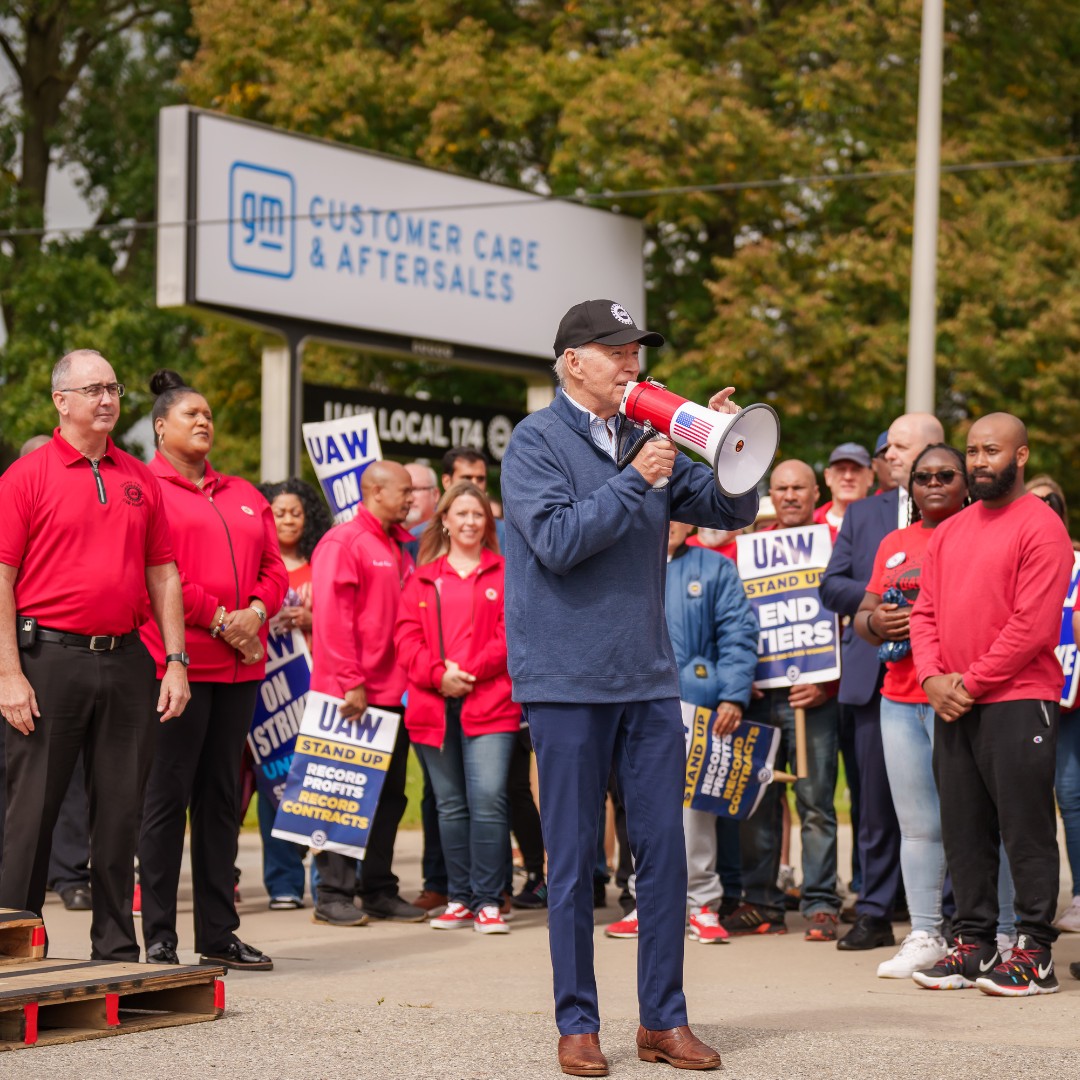
According to The Washington Post, which first reported the story, the decision would be a shocking rejection of a deal Japan, a U.S. ally, had proposed.
The Committee on Foreign Investment in the United States (CFIUS) has been looking into the deal. According to Bloomberg News, the CFIUS review is not yet complete, but Biden is prepared to terminate the deal if it reaches his desk.
Competing with China
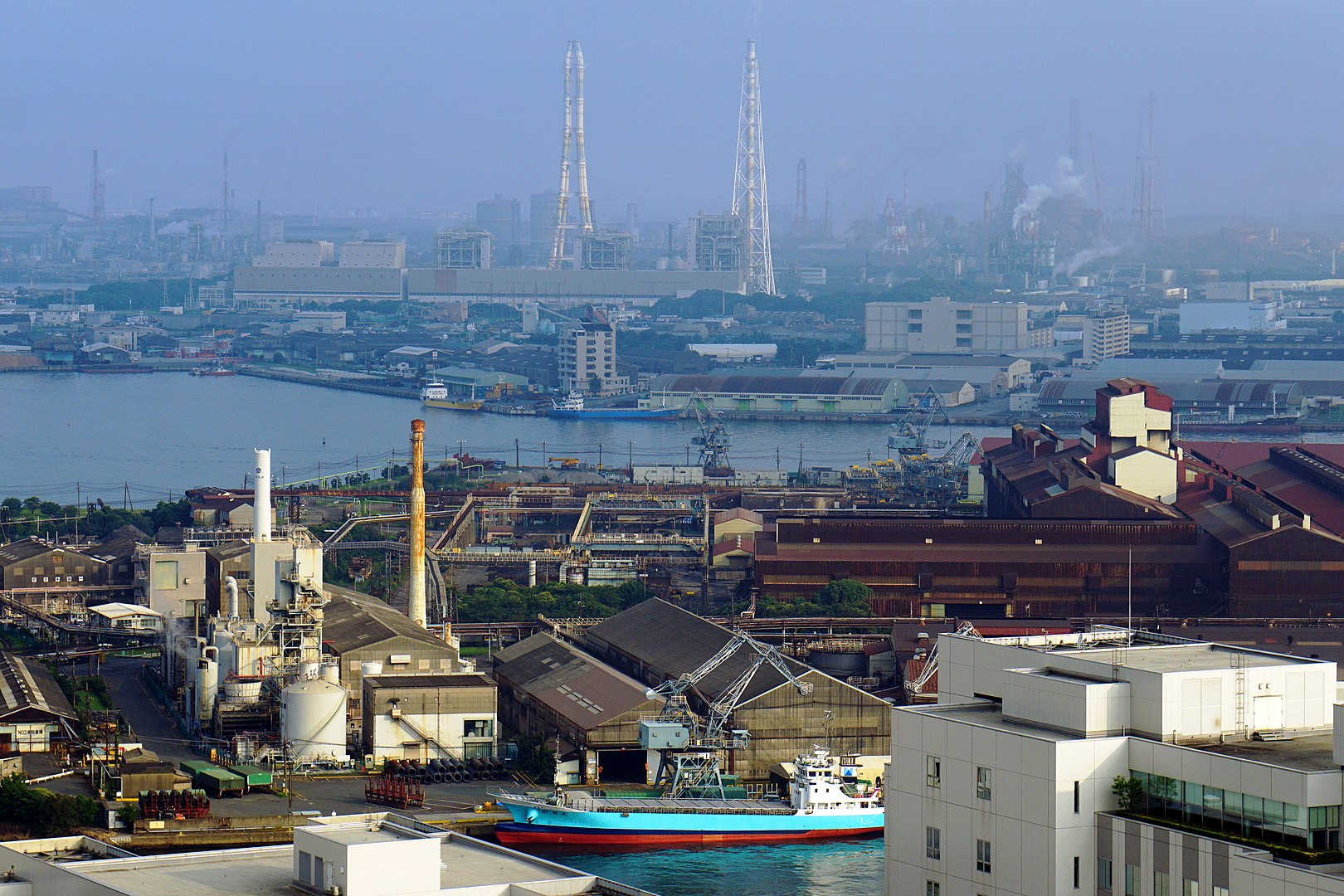
As soon as this week, a decision might be made. Nippon can also sue if Biden blocks it.
Officials from Nippon have said that the United States shouldn’t turn down a bid from a company based in an allied company, especially since the deal could create a joint entity that could compete with China, which is investing in infrastructure worldwide.
Uncertain Future

The deal would have created the third-largest steelmaker in the world. If the deal is blocked, US Steel’s future is unknown.
On Wednesday, the business issued a warning that failing to complete the deal would jeopardize the livelihoods of thousands of people and even have the potential to force its headquarters out of Pittsburgh.
Presidential Backdrop
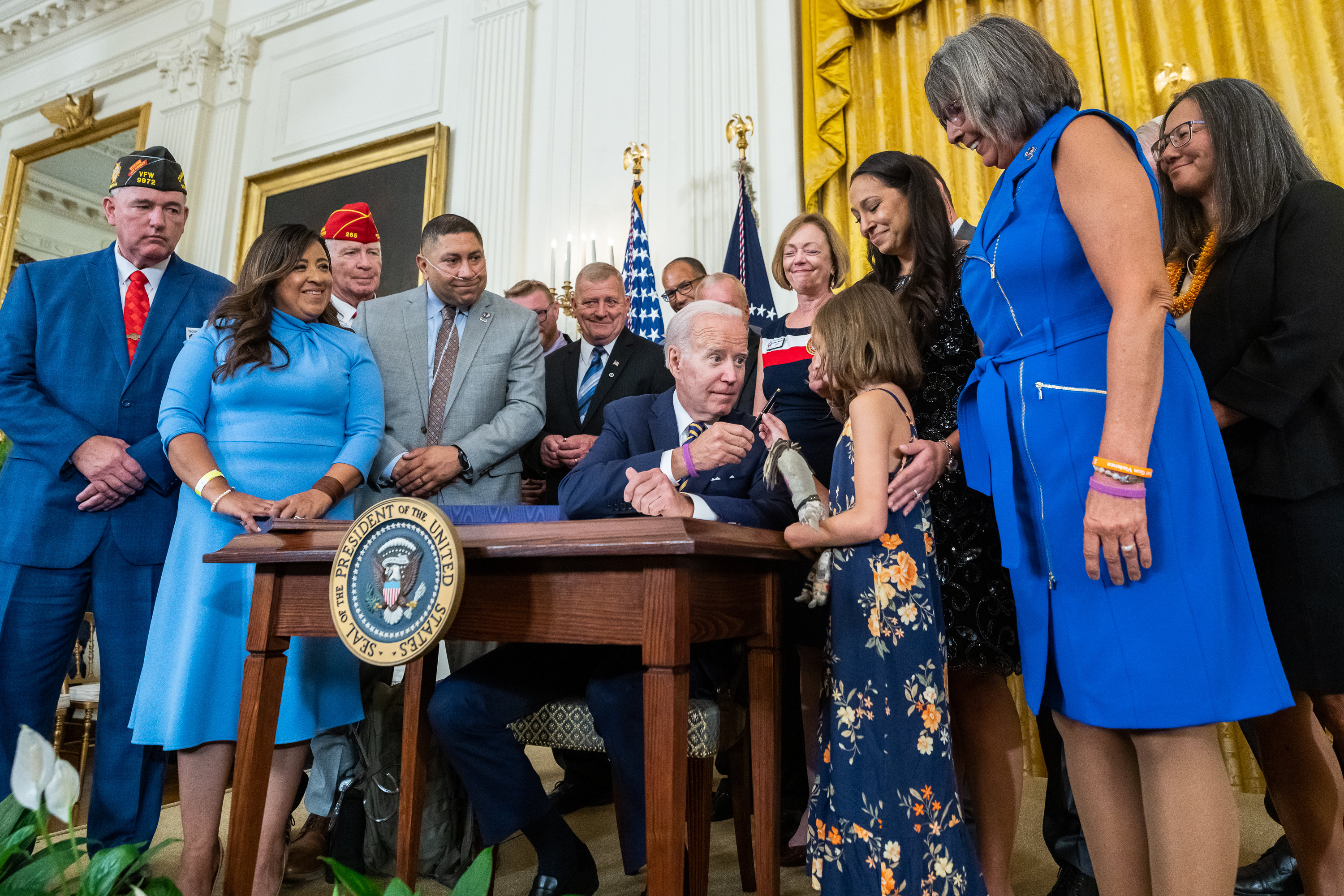
The outcome of the deal could have an impact on the upcoming presidential election as Trump and Harris court union members for support across the industrial Midwest.
According to law, the president has the power to block a private transaction once CFIUS has given its final report but White House sources say the recommendation hasn’t been given yet.
National Security Concerns
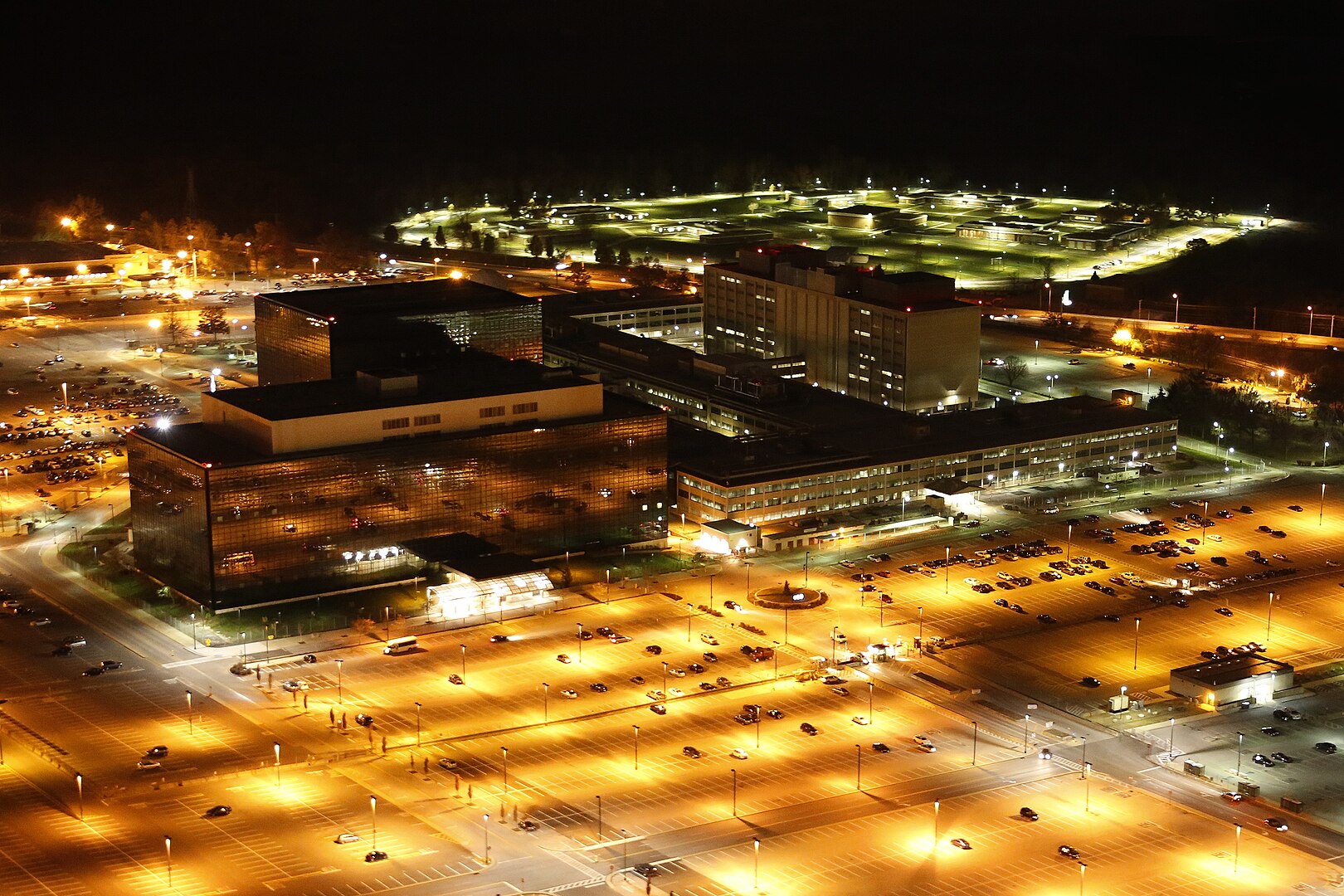
Following an extensive review, the Treasury-led committee, according to two anonymous industry sources, has found that there are national security concerns associated with the acquisitions that could not be mitigated.
The industry sources requested not to be named as they were discussing sensitive deliberations of a deal that had not been finalized yet.
Stock Impact

After the news was reported on Wednesday, U.S. Steel’s stock prices dropped by one-quarter of their value after just 30 minutes of trading.
At the end of the trading day, the company finished with its shares down 17.5 percent. U.S. Steel CEO David Burritt warned that tanking the deal would risk “thousands of good-paying union jobs.”
Increased Investment
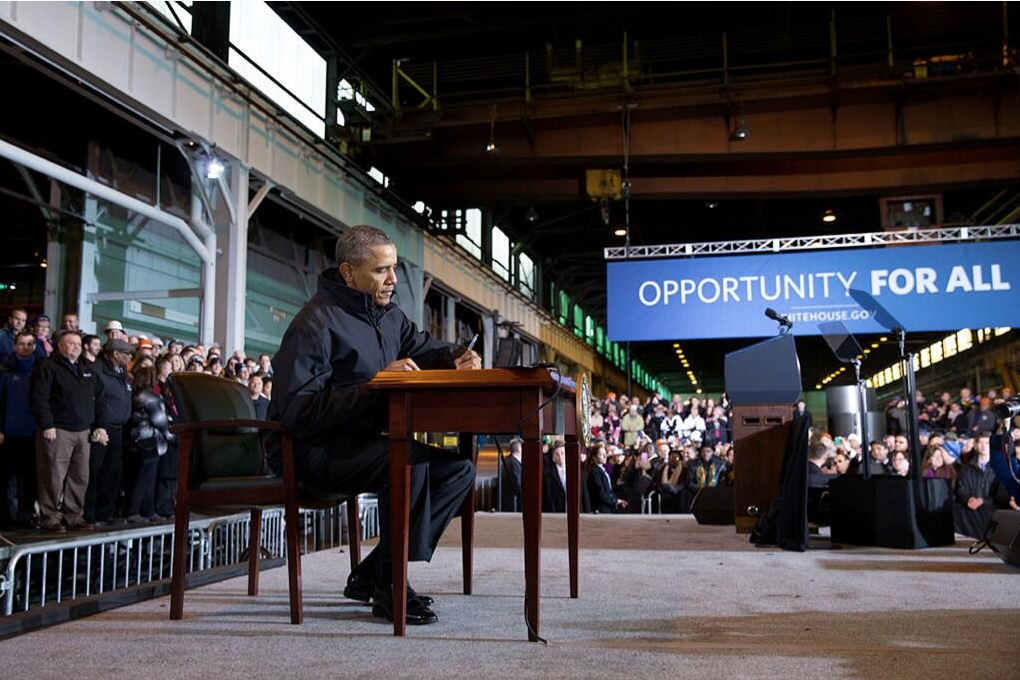
After previously detailing $1.4 billion in investment as part of the deal, last week Nippon Steel stated they would increase the investment by an additional $1.3 billion.
This additional capital would be used to modernize two of the largest facilities owned by U.S. Steel, Pennsylvania’s Mon Valley Works and Indiana’s Gary Works.
U.S. Steel Response
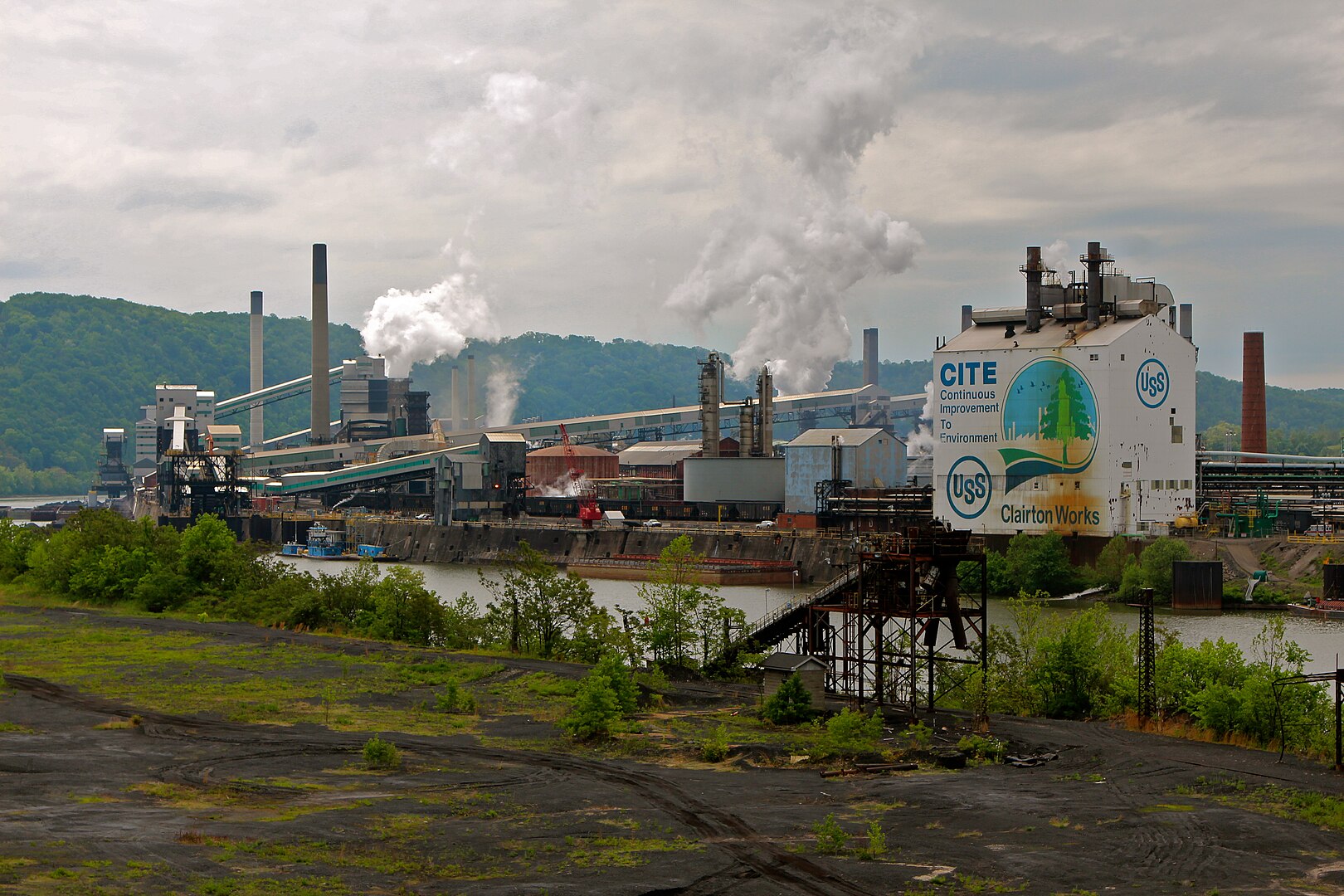
In a statement on Wednesday, U.S. Steel stated, “A stand-alone U.S. Steel would not make the same financial commitments.”
“We continue to stand by the fact that there are no national security issues associated with this transaction, as Japan is one of our most staunch allies. We fully expect to pursue all possible options under the law to ensure this transaction, which is [the] best future for Pennsylvania, American steelmaking, and all of our stakeholders, closes.”
Initial Opposition
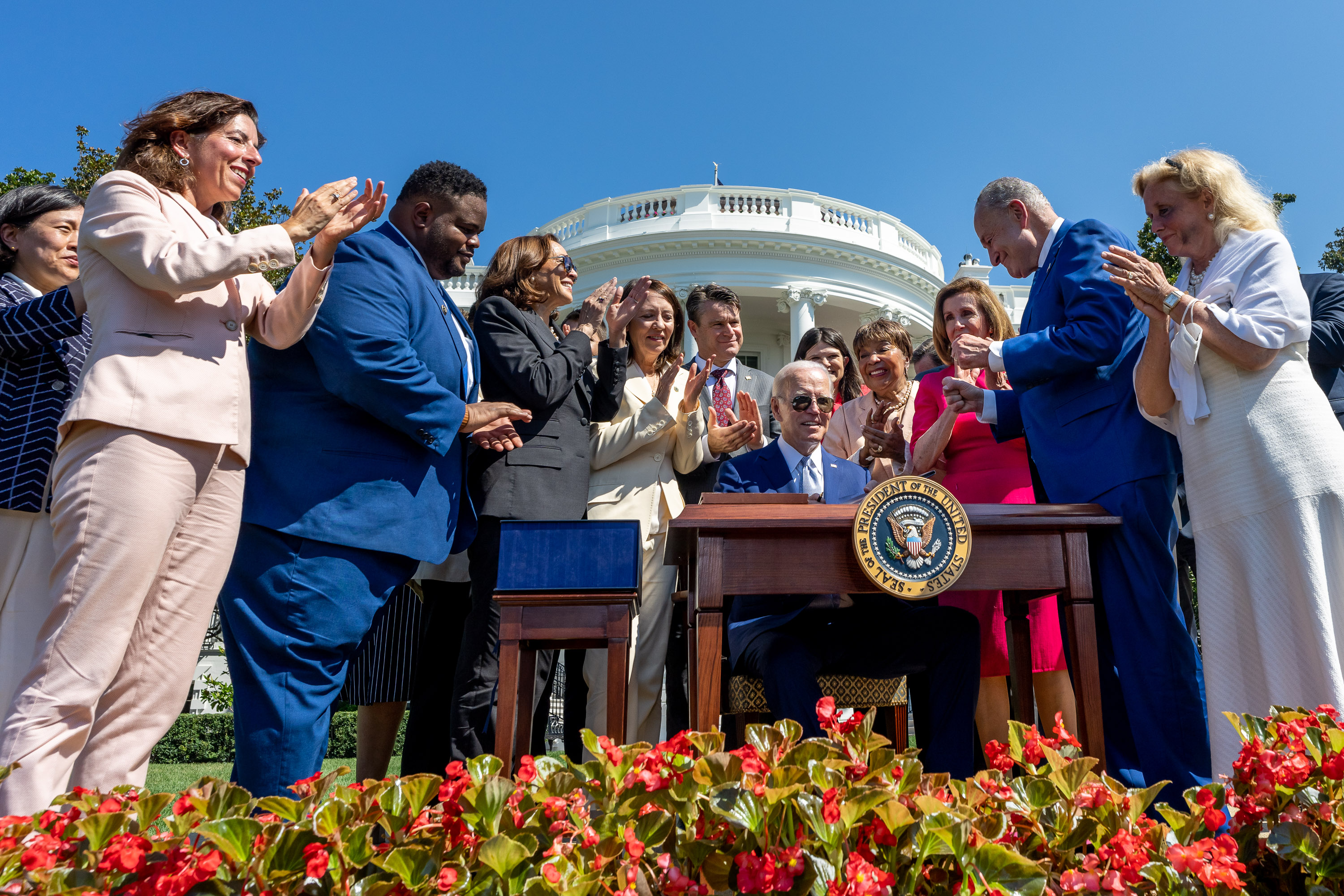
Back in March, the president made his first public remarks in opposing the deal. At the time he said that it was “vital” for America to retain ownership of U.S. Steel.
According to Administration officials who made private remarks to Japanese diplomats the president took this stance in order to gain the support of United Steelworkers in the presidential election.
The 19 electoral votes from Pennsylvania would be critical for Harris who replaced Biden on the Democratic ticket.
